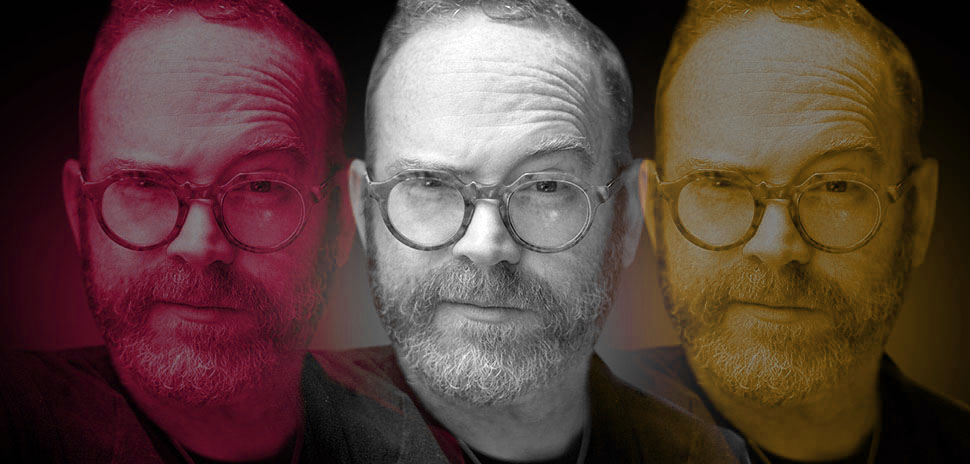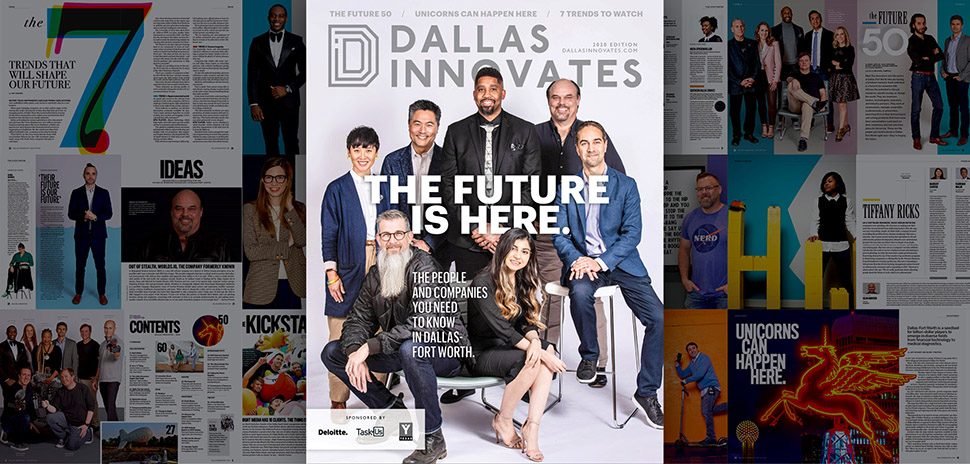Jeremy McKane
Founder and CEO
OCN.ai
McKane’s OCN.ai gathers and stores data on ocean conditions using blockchain tech, drones, and information from scientific partners to keep ocean sanctuaries pristine with autonomous enforcement.
SOCIAL INNOVATION
Ocean Warrior
Jeremy McKane
His team has studies collecting data on the ocean’s surface temperature, PH, oxygen levels, ocean color, and more. And they’re testing drones that find and warn vessels illegally operating in marine protected areas, even demonstrating a prop-fouling system that would render a vessel useless. In recent months, OCN.ai signed a letter of intent with Australia for a pilot program and is working on agreements with five other nations.
McKane sees a link between COVID-19 and the need to better understand the Earth. “Even with a vaccine, we have to remember why this is a problem to begin with,” he says. “It is our improper relationship to wildlife and their habitats.” That all starts with data, as well as “understanding what we’re doing and what the financial value of a healthy ecosystem looks like.” McKane, a technologist and photographer, might be best known for his artwork showcasing ocean-saving efforts in his installations. “The shortest path between two humans is art,” he says.
Meet the innovator
Jeremy McKane was featured in Dallas Innovates’ Future 50 in Dallas-Fort Worth in the 2021 edition of our annual magazine. We talk with the artist-activist about how OCN.ai handled the tsunami of 2020, the impact of COVID-19, and plans for the future. Here’s a takeaway:
On the biggest development from last year:
OCN.ai (Ocean Currency Network) pivoted to adapt to the crisis at hand. Our drone technology allows us to Quantify the True Value of a Marine Protected Area. We have a LOI with the Australian Government and are working on agreements with five other countries to be announced.
As you are probably aware I am also the co-founder of ULTRAMARINE (the Ocean Action Summit – the first took place in 2019 – which brings together ocean impact investors, ocean tech entrepreneurs, policymakers, and others together to plan how to protect oceans).
On how COVID-19 impacts his work:
I think COVID is here to stay. Even with a vaccine we have to remember why this is a problem to begin with. It is our improper relationship to wildlife and their habitats. Until we solve that, we are only patching the problem. This all starts with data. Understanding what we are doing and what the financial value of a healthy ecosystem looks like.
Those that survive now will thrive later. We are surviving very well. We have created autonomous systems that allow us to get into these areas without shipping people all over the place.
On dealing with adversity:
Constraints breed creativity. We have been using tools like everyone else but during Burning Man we created The Ocean Camp in VR. We had people from all over the world come together and it felt pretty real even though we all knew we were in a virtual place. We are taking that to the next level to incorporate not just our team but others around the world to unite for Ocean Action.
On advancing his mission through art:
As you know I incorporate art into my work because I believe that the shortest path between two humans is art. I am currently working on several art installations relating to data acquisition from our drones. You can go to Ferrari Gallery on Dragon Street and see some of that work right now. There are two installations, Plastic Dreams and Life Support. I also created something called GLiTCH that does not require me to be anywhere to exhibit and you can see it anywhere.
A version of this story was originally published in Dallas Innovates 2021: The Resilience Issue.
Read it online
Our fourth annual magazine, Dallas Innovates 2021: The Resilience Issue, highlights Dallas-Fort Worth as a hub for innovation. The collective strength of the innovation ecosystem and intellectual capital in Dallas-Fort Worth is a force to be reckoned with.
![]()
Get on the list.
Dallas Innovates, every day.
Sign up to keep your eye on what’s new and next in Dallas-Fort Worth, every day.





























